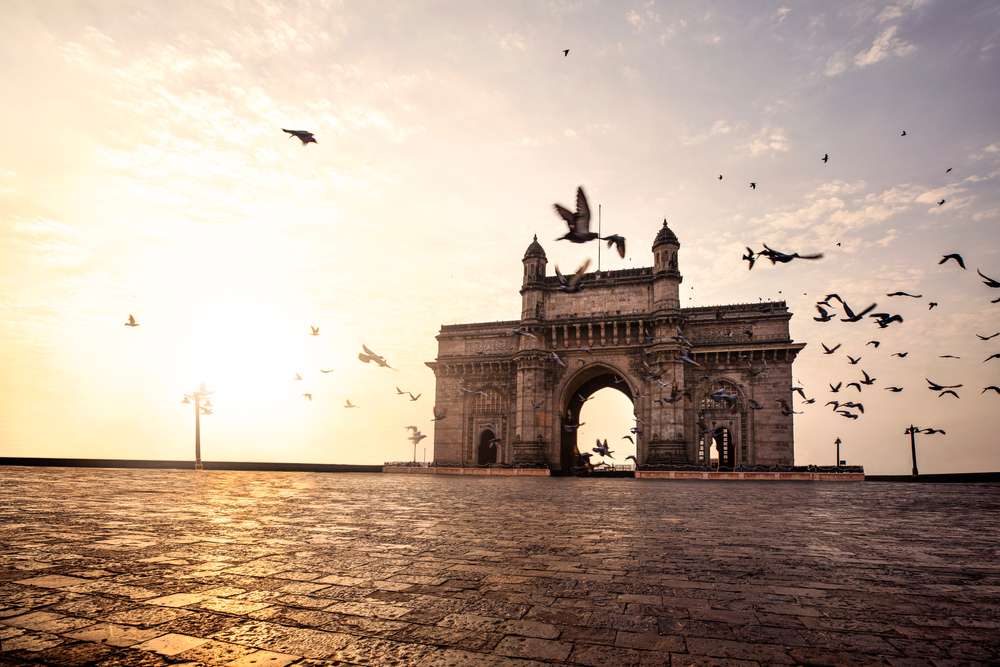India, often referred to as the cradle of civilization, is a land where history and culture converge seamlessly. With a history spanning thousands of years and a tapestry of diverse cultures, traditions, and languages, India offers travelers an unparalleled journey through time and an opportunity to immerse themselves in a rich and multifaceted heritage. In this article, we’ll explore why India’s history and culture are a must-see for visitors from around the world.
Indian Visa for Uganda Citizens
Ancient Civilizations and Heritage Sites
India is home to some of the world’s oldest civilizations, with a history that dates back over 5,000 years. The Indus Valley Civilization, one of the world’s earliest urban centers, flourished in what is now modern-day India. Visitors can explore the archaeological remains of this ancient civilization at sites like Mohenjo-Daro and Harappa. The country is also dotted with UNESCO World Heritage Sites that bear witness to its ancient glory. The stunning temples of Khajuraho, the rock-cut caves of Ajanta and Ellora, and the historic city of Hampi are just a few examples. These sites offer a glimpse into India’s rich architectural and artistic heritage.
Spiritual and Religious Diversity
India is the birthplace of several major religions, including Hinduism, Buddhism, Jainism, and Sikhism. The country’s spiritual diversity is evident in its myriad temples, mosques, churches, gurudwaras, and monasteries. The Varanasi ghats along the sacred Ganges River, the Golden Temple in Amritsar, and the temples of Rishikesh are spiritual hubs that draw pilgrims and tourists alike. Visitors can also witness vibrant festivals that celebrate this diversity, such as Diwali, Eid, Christmas, Holi, and Guru Nanak Jayanti. Participating in these celebrations provides a unique insight into India’s religious and cultural tapestry.
Architectural Marvels
India’s architecture is a testament to its historical grandeur and artistic excellence. The Taj Mahal, one of the Seven Wonders of the World, stands as an enduring symbol of love and architectural brilliance. The intricate carvings of Rajasthan’s palaces, the elegance of Mughal architecture, and the ancient rock-cut caves of Western India showcase the country’s architectural diversity. Each region of India boasts its own distinct architectural style, reflecting its unique history and culture. From the ornate temples of South India to the Mughal forts and palaces of North India, every corner of the country offers architectural wonders waiting to be explored.
Culinary Delights
Indian cuisine is a gastronomic journey in itself. Each state and region offers a unique culinary experience, from the fiery curries of Kerala to the chaats of Delhi’s streets. Tasting the diverse flavors of India is a must for any visitor. Try the biryanis of Hyderabad, the seafood of Goa, or the thalis of Rajasthan. Street food enthusiasts can savor delights like samosas, dosas, and pakoras in bustling markets. Don’t forget to accompany your meals with traditional beverages like masala chai or lassi.
Traditional Arts and Crafts
India is renowned for its traditional arts and crafts, from intricate handwoven textiles to exquisite jewelry and pottery. Each region has its own specializations, such as the silk sarees of Varanasi, the Pashmina shawls of Kashmir, and the blue pottery of Rajasthan. Visitors can explore local markets and artisan villages to witness these crafts being created by skilled craftsmen and women. Purchasing handmade souvenirs not only supports local artisans but also allows you to take home a piece of India’s cultural heritage.
Indian Visa for Senegal Citizens
Living Traditions and Festivals
India’s cultural traditions are very much alive in its daily life and festivals. Witnessing a traditional Indian wedding, participating in a Rajasthani folk dance, or attending a Kerala temple festival can be truly immersive experiences. The country’s calendar is filled with festivals that are celebrated with great fervor. From the grandeur of Durga Puja in West Bengal to the camel fair of Pushkar in Rajasthan, these festivals offer a chance to connect with the local culture.
Conclusion
India’s rich history and culture are a treasure trove waiting to be discovered by travelers. With its ancient civilizations, spiritual diversity, architectural marvels, culinary delights, traditional arts, and living traditions, India offers a sensory overload like no other. Whether you’re exploring the historic streets of Delhi, meditating in the serene Himalayas, or savoring the flavors of Indian cuisine, every moment in India is a step deeper into its rich and multifaceted heritage. So, pack your bags and embark on a journey through the ages in a land where history and culture are intertwined like nowhere else on Earth. India awaits, ready to enchant and captivate your senses.
More articles: writerpaper
